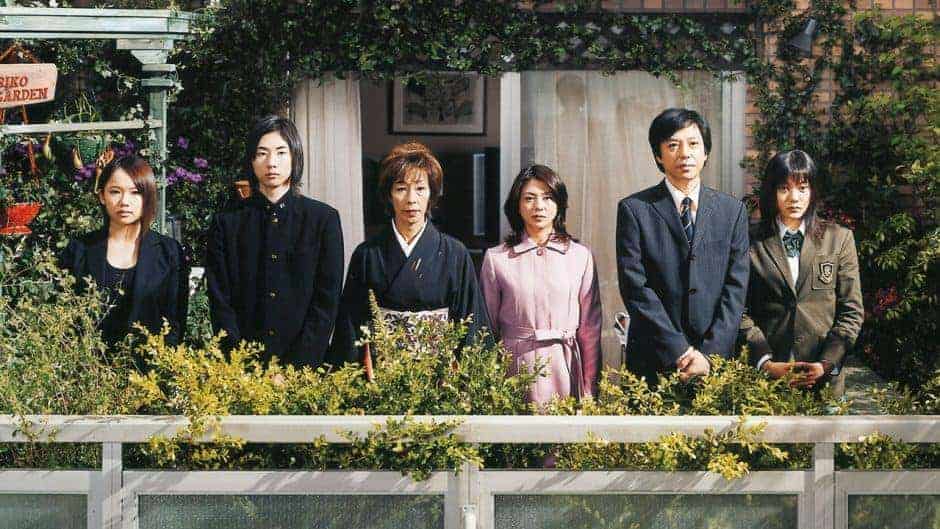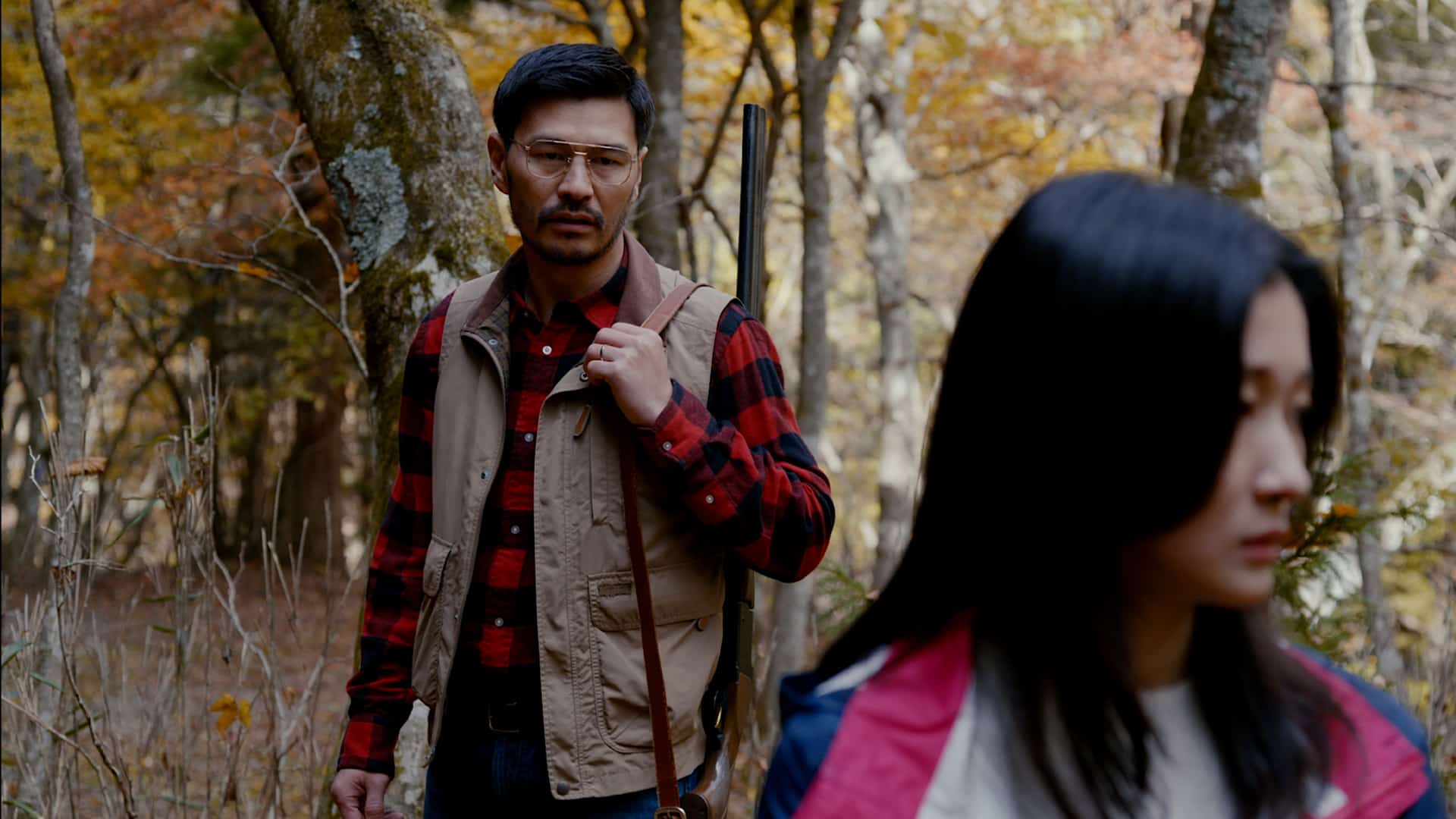Toshiaki Toyoda's take on the family drama is based on the homonymous book by Mitsuyo Kakuta, and presents a rather extreme approach on the genre.
Buy This Title
The Kyobashis appear to be a regular family of four: Eriko, the mother, works part-time in a restaurant, otherwise busying herself with housekeeping. Takashi, the father, is a regular salary man. The two kids, Mana and Ko, 16 and 14 years old respectively, are students. Lastly, Eriko's mother, Sacchin, is hospitalized due to lung cancer, but refuses to have an operation.
What makes the family special, though, is that they have agreed, following an initiative of Etsuko's, not to have any secrets and always be sincere with each other. Presumably, this results into constant awkward situations, like a discussion during dinner, of how each child was conceived and a celebration for Mana's first period. Seemingly, the family copes with this tactic, and even presents an image of regularity.
However, as the script deepens into the characters, this facade shutters. Takashi, who has not had intercourse with his wife for five years, retains two extramarital relationships, one of them with his spouse's colleague, where he often engages in sadomasochistic acts. The other woman, at some point, is hired by his son to tutor him, and starts visiting the family's house regularly. Ko clearly has sexual inclinations towards her and even asks her to have sex with him. Mana, who rarely attends school, spends her time shopping, getting photographed for adult magazines and even having sex with strangers. Eriko tries to cover her depression beneath a constant smile she retains even when she has violent thoughts about people. She tries to avoid making her mother's mistakes in raising her children, an individual who personifies the term bad parenting with her, drowned in the smoke of cigarettes, behaviour. At the same time, all of the members continue to play their part in the concept of the “open family”.
Toyoda makes a movie regarding the concepts of sincerity and hypocrisy by pushing each to their extreme. The former by presenting what could happen if everybody was truthful all the time, and the latter by presenting the actual lives of the family members, stating that everybody has secrets and feels the need to lie to keep them. At the same time, he makes a point of how dysfunctional families can be in the contemporary Japanese metropolis.
Toyoda excels in sketching his characters, analyzing all of them thoroughly, peaking at the smiling depression of Eriko, played by Kyoko Koizumi, who stands out in an otherwise formidable cast. However, he injects all of the above with an underlying sense of humor and a bit of surrealism, thus making the film less “heavy” than it could be. This last aspect is chiefly presented by Asami Imajaku, who is great as Sacchin, despite being just 27 years old when the film was shot.
“Hanging Garden” is visually impressive, with vivid colors painting the urban scenery, incorporating wonderful cinematography by Junichi Fujisawa and production design by Mitsuo Harada. Toyoda trademark odd camera angles that frequently feature swinging of the frame, as in the scene where the camera follows a swinging plant in Eriko's Garden, are here as well. The visual prowess of the film finds its apogee in a scene where a rain of blood showers Eriko. This sequence, along with the one where Eriko fantasizes about killing a colleague of hers are the only violent ones in the film.
Evidently, “Hanging Garden” is not a light film, as most of the plethora of family dramas coming out of Japan. Toyoda, however, manages to present a very entertaining and meaningful production, through a combination of elaborate direction, great acting, a little humor and a little surrealism, along with a number of social comments.



















